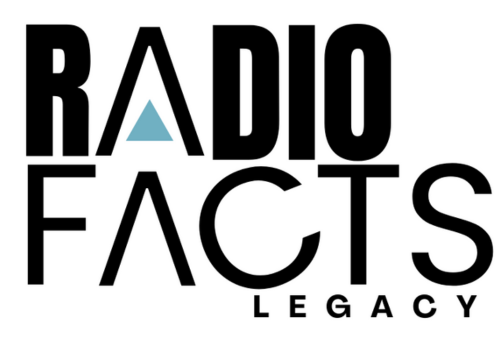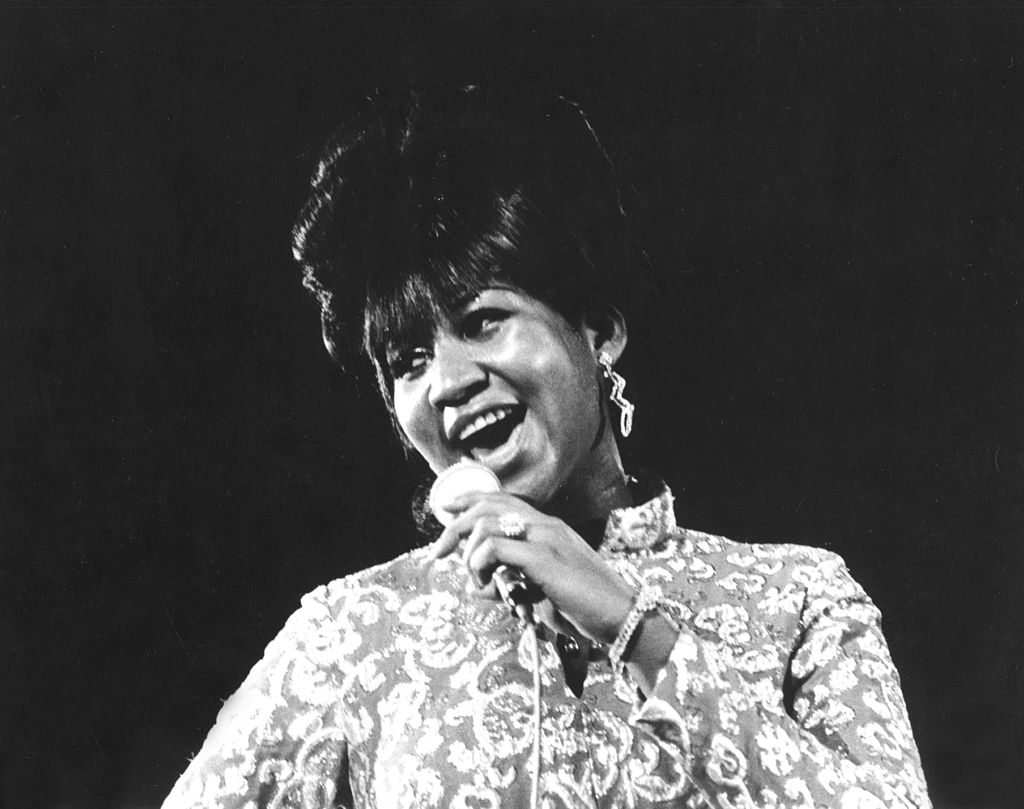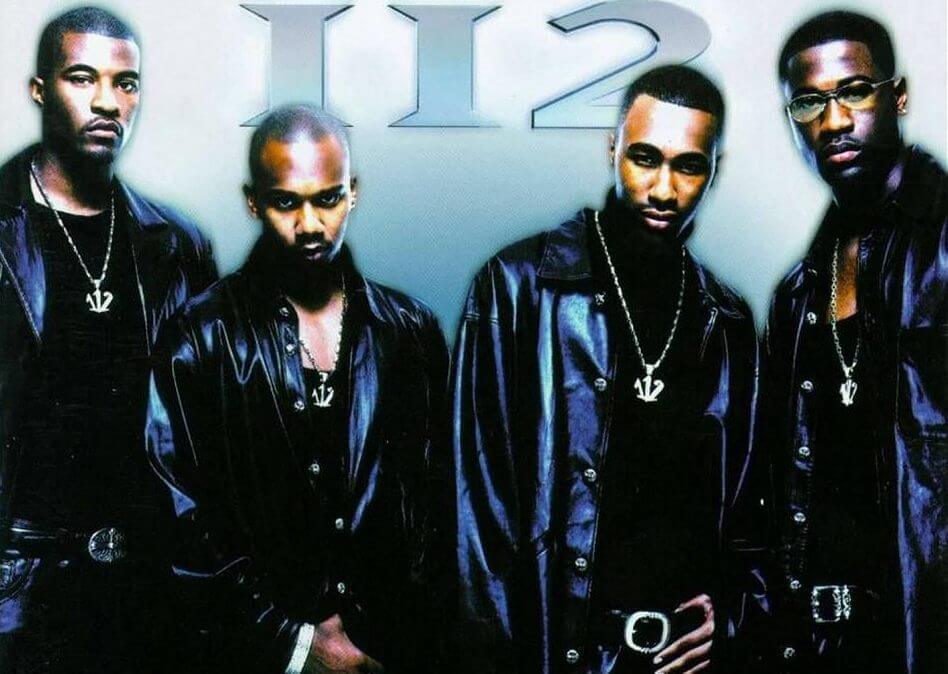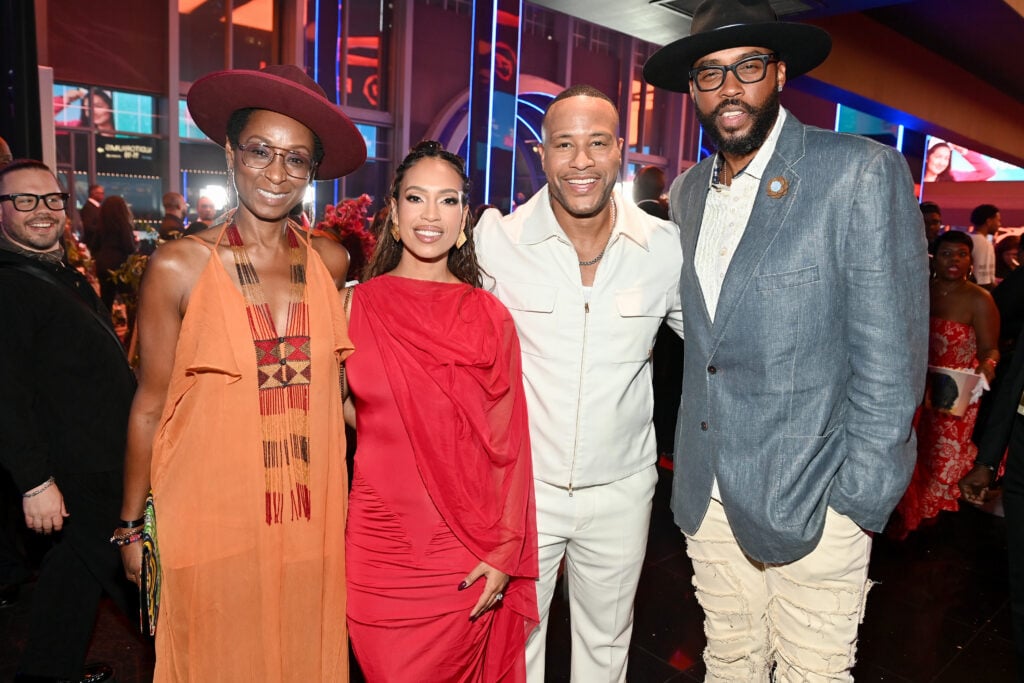Reggae songs often talk about peace and love, showing its big impact on social justice and equality. This music started in Jamaica in the 1960s. It has become a strong tool for change, with over 600 protest songs that have made a difference.
Reggae music has reached people in over 30 countries, influencing social movements. A study found that 44% of people see it as a key genre for activism.
Reggae mixes Jamaican music, African rhythms, soul, and jazz. This unique sound connects with many people. About 50% of reggae songs talk about fighting for justice, giving a voice to the oppressed.
It encourages people to talk about injustices and take action. Reggae music brings people together, creating a sense of community and cultural connection.
Over time, reggae has grown, with new styles like roots reggae and dancehall. Artists like Bob Marley and Peter Tosh have made the genre famous. Their songs have become symbols of justice worldwide.
Reggae’s themes of love, resistance, and justice keep it a powerful force for change. It inspires people and promotes unity and equality.
The Origins of Reggae Music
Reggae music started in Jamaica in the late 1960s. It was influenced by American jazz and rhythm and blues. The genre grew from ska and rocksteady, two popular Jamaican styles.
The Wailers and The Skatalites were key in shaping reggae’s sound. Their music laid the foundation for what we know today.
Reggae’s sound is unique, blending different styles. It’s slower than ska and rocksteady, focusing on the “one drop” rhythm. This rhythm, made famous by Carleton Barrett, has shaped many reggae sub-genres.
Reggae has become a big part of Jamaican culture. Many reggae bands and artists have gained fame worldwide.
Reggae draws from mento, calypso, and Nyabinghi, as well as American R&B and jazz. The Rastafarian movement of the 1930s also influenced it. Reggae music often uses call and response, mixing singing and toasting.
Over time, reggae has branched out into various sub-genres. These sub-genres have influenced each other, shaping the genre’s evolution.
Historical Context of Reggae
Reggae music started in Jamaica during a time of change. The country had just gained independence in 1962. This led to a growing sense of national pride and identity.
Reggae music reflected these changes, focusing on social justice and equality. Today, reggae artists still tackle issues like poverty and inequality.
Key Influences on Reggae Style
Reggae has been shaped by many styles, including American jazz and rhythm and blues. Traditional Jamaican music, like mento and calypso, also played a role. The Rastafarian movement has deeply influenced reggae, with many artists using its themes and imagery.
The Birthplace: Jamaica
Jamaica is where reggae music was born. It has deeply influenced the country’s culture and identity. Reggae is a source of national pride, seen as a symbol of Jamaica’s unique heritage.
Reggae has also boosted Jamaica’s economy. Reggae tourism has become a major industry, bringing in visitors from around the world.
Iconic Reggae Artists and Their Impact
Reggae music has been shaped by many iconic artists. Bob Marley is one of the most influential. His powerful lyrics and message of unity and love have inspired many.
Reggae artists have used their music to promote social justice and equality. Peter Tosh, a former member of Bob Marley’s Wailers, is a great example. His legacy continues to inspire today, solidifying his place in reggae history.
Reggae culture is deeply rooted in its music and message. Rita Marley, Bob Marley’s wife, has been a voice for change. Her music promotes unity and love, shaping the genre for future generations.
Bob Marley: The Global Icon
Bob Marley’s rise in the 1960s marked a new era for reggae. His album “Exodus” is a testament to his legacy. Hits like “Three Little Birds” and “One Love” have inspired fans worldwide.
Peter Tosh and His Revolutionary Themes
Peter Tosh’s music addressed social justice and equality. His legacy continues to influence reggae today. Many artists draw inspiration from his revolutionary themes and message of change.
Rita Marley: A Voice for Change
Rita Marley’s contributions to reggae music have been key. Her music promotes unity and love. She has inspired fans worldwide and solidified her place as a voice for change in reggae culture.
Reggae’s Role in Social and Political Movements
Reggae music has been a key player in social and political movements. It gives a voice to the oppressed and inspires change. Songs like “One Love” and “Redemption Song” have become symbols of social justice and equality.
Reggae as a Voice for the Oppressed
Reggae music is a tool for social change, giving a voice to those who are oppressed. The reggae dancehall scene is a place for social commentary. Artists use their music to talk about poverty, inequality, and social injustice.

Songs that Changed the World
Reggae music has shaped social and political movements with its powerful songs. Tracks like “Handsworth Revolution” and “400 Years” tackle race and socio-economic inequality. The reggae festivals around the world celebrate the music and culture of reggae.
The Evolution of Reggae Genres
Reggae music has changed a lot over the years. It has led to many sub-genres that have made the reggae genre richer. The reggae history shows how roots reggae, dancehall, and reggaeton came to be. Each one has its own special sound and has added to the world’s music.
Roots reggae started in the late 1970s. It focuses on spirituality and fighting for justice. This style was influenced by Rastafarianism and Pan-African ideas. Bands like Burning Spear and Peter Tosh were key figures in this era.
The growth of reggae genres has been influenced by new instruments and ways of making music.
The variety in reggae music shows the creativity of reggae bands and artists. From the classic roots reggae to the new mix of reggaeton, each style has added depth to the reggae genre. As reggae keeps changing, we can expect even more new styles. This will make the reggae history even richer and keep reggae a big part of the world’s music.
The Global Reach of Reggae Culture
Reggae culture has spread all over the world. Reggae festivals and events celebrate it everywhere. Its influence can be seen in many types of music, including reggae hits and fusion genres like reggaeton.
Many reggae festivals are held globally, like Reggae Sumfest in Jamaica and Rototom Sunsplash in Spain. These festivals draw people from all walks of life. They show how much reggae music is loved worldwide.
Festivals Celebrating Reggae Worldwide
Reggae festivals are a big part of the global music scene. They focus on celebrating the genre. These festivals let fans enjoy reggae hits and discover new artists.
Reggae’s Influence on Contemporary Music
Reggae’s impact on today’s music is clear. Many artists mix reggae into their music. This has led to new and exciting music styles. It has also made reggae culture even more popular globally.
Health and Healing: Reggae’s Positive Influence
Reggae music is known for its healing effects. Studies show it can put our brains into a calm state, helping us relax and heal. This is key in reggae culture, where music fights for change and brings people together.
Music therapy with reggae music has helped people with PTSD, anxiety, and depression. Reggae’s power to bring people together shows its strength in promoting unity. It inspires songs that spread love, hope, and freedom.
About 60% of people in a trauma recovery program felt better after listening to reggae. This shows reggae music can be a healing tool. It’s also used in yoga and mindfulness, spreading peace and positivity. Reggae stands for truth and integrity, promoting a culture of non-violence and advocacy.
The Future of Reggae Music
Reggae music is changing, with new trends and tech playing big roles. Keeping the music’s roots and culture is key. But technology has helped spread reggae far and wide. Now, more people can enjoy it thanks to digital platforms.
Young artists like Koffee, Chronixx, and Protoje are bringing fresh energy to reggae. They show the genre is alive and growing. UNESCO has also recognized reggae as a cultural treasure, helping to protect it.
The reggae scene is thriving, with artists touring the world. This shows more people are interested in the music. Also, working with artists from other genres could make reggae even more popular.
Reggae music will likely tackle today’s big issues more openly. It has always been a voice for the voiceless. The future looks bright, with reggae blending global sounds and staying true to its roots.






